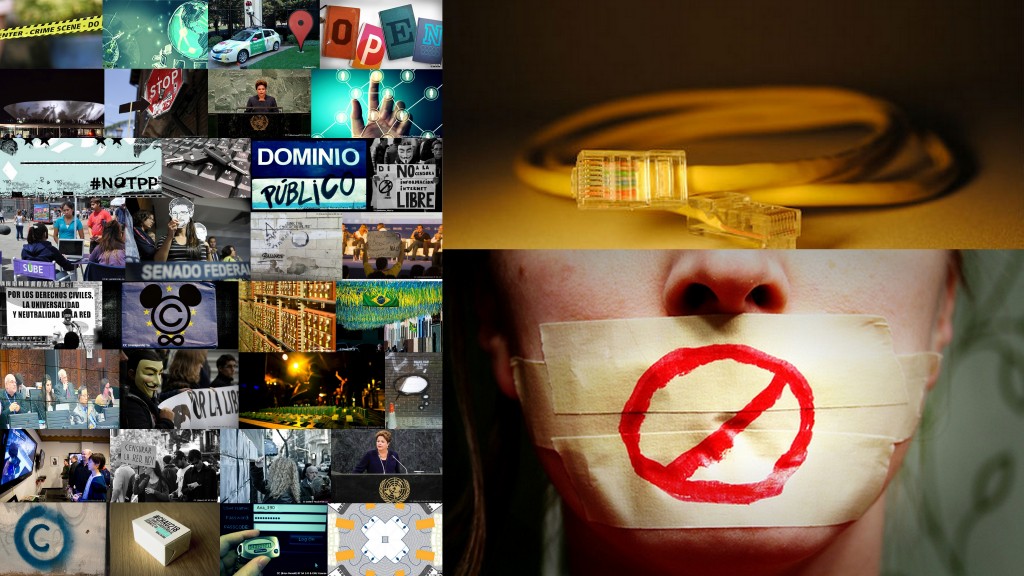[2013 Assessment] Freedom of speech in Colombia
by Digital Rights LAC on January 28, 2014
In Digital Rights LAC, we asked to different specialists in the region about their personal appraisal in digital rights issues. This is the case of Emmanuel Vargas of Colombia, to whom we asked what balance left 2013 and what we can expect for 2014 on content blocking in Colombia? Here is his answer.
In Colombia, the content blocking and filtering on the Internet has been addressed mainly from the copyright perspective through the “Lleras Bill,” a legislative proposal of the current Colombian government similar to the US DMCA, discussed and archived in 2011. In 2013, the debate on copyright moved to other fundamental rights that can conflict with freedom of expression.
The Constitutional Court made an important decision on the liability of intermediaries in a conflict between freedom of expression and the right to honor and reputation. It was a dispute of a citizen against Google and the newspaper “El Tiempo.” The Court found that the search engine was not responsible by not participating in the content development and simply link words with websites.
But there were also negative cases. For instance, in an order issued by the Superintendence of Industry and Trade of the Ministry of Information and Communication Technologies, two websites were blocked based on the possible infringement of the right of habeas data of several citizens by exposing sensitive data, considered by some, but of public interest by others. In addition, the entity initiated administrative investigations and delivered certified copies to the Attorney against the domain providers. The case lost visibility and, later, we learned that the Ministry stated its inability to fulfill the order and that the ISP removed the contents to avoid problems. This prevented that the case was litigated and thoroughly analyzed, leaving the question of whether the Superintendence can make such determinations.
The Foundation for Press Freedom (FLIP in Spanish) requested information to the Ministry for knowing the communications in this case and asked for a list of websites blocked by the Government. This entity pointed out that they can only block urls containing child pornography after receiving a list sent by the police, who have previously examined the complaints. However, the Ministry denied the list based on a decree.
FLIP filed an action for protection against the Ministry, arguing that any limitation on the access to information must only be prescribed by laws or the Constitution. Up to date, we still await for the decision on appeal. Interestingly, we learned that the websites cleverbot.com and ask.fm were blocked although they do not contain child pornography.
What happened in 2013 reveals that there is a need to raise awareness of government officials on ways in which they can affect the freedom of expression online. 2013 also uncovers the lack of clear procedures and the entities’ power over filtering and content blocking on the web. Moreover, the legislative debate on the subject was virtually non-existent from “Lleras Bill.” It is quite possible that, as 2014 is an election year, the situation remains the same. However, for the equivalent reasons, it is possible that the discussions at the judicial level grow. Hence, the opportunity to create positive precedents in this area is given.
Translated by, Amalia Toledo.






